Last week, PricewaterhouseCoopers (PwC) released its Global Economy Watch, a bimonthly report that examines the trends and issues affecting the global economy. This edition of the report features an analysis of the variation in economic growth across Africa and the relationship between growth and governance among 53 African countries.
The report finds that economic growth has varied widely in recent years, with countries such as Ethiopia and Côte d’Ivoire experiencing over 5 percent average annual per capita growth since 2013 and others such as Equatorial Guinea and Central African Republic experiencing declines of over 5 percent in the same period. PwC finds that this variation is due to both conventional drivers of growth, including net foreign direct investment inflows and commodity prices, and governance performance, including political stability and perceived levels of corruption.
Figure 1 from the report shows that there is a positive relationship between governance improvement and change in per capita GDP. Three of the fastest-growing economies—Côte d’Ivoire, Rwanda, and Guinea—also saw large improvements in governance, while four of the five countries with the fastest-declining per capita GDP—Equatorial Guinea, the Central African Republic, Libya, and Burundi—also witnessed a decline in governance performance over the past five years.
Figure 1: Annual change in real GDP per capita (2013-17) and change in CGI percentile rank growth (2013-17)
These findings suggest that improved governance could correspond to higher levels of economic development. In fact, PwC calculates that, if each African country made an improvement in governance equivalent to that of Côte d’Ivoire, which climbed 23 positions on the Ibrahim Index of African Governance between 2008 and 2017 due to post-civil war reforms, GDP across the continent could increase by $23 billion. The countries with the largest potential gains are those with relatively high GDPs but weak governance, such as Libya and Equatorial Guinea. For these countries in particular, improving public governance, including aspects such as regulatory quality, rule of law, and government effectiveness, could be a key component to generate faster economic growth.
The Brookings Institution is committed to quality, independence, and impact.
We are supported by a diverse array of funders. In line with our values and policies, each Brookings publication represents the sole views of its author(s).



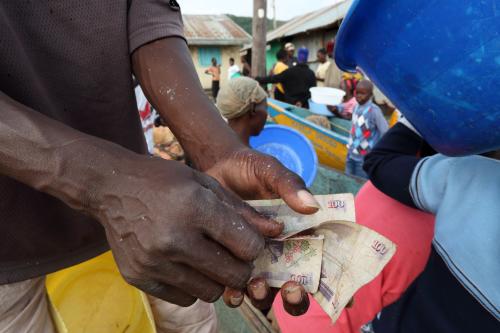
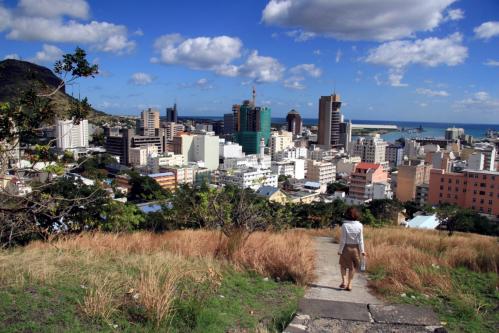
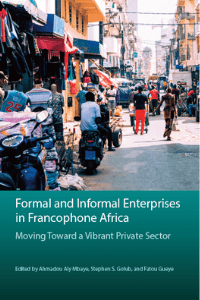
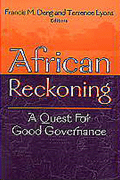
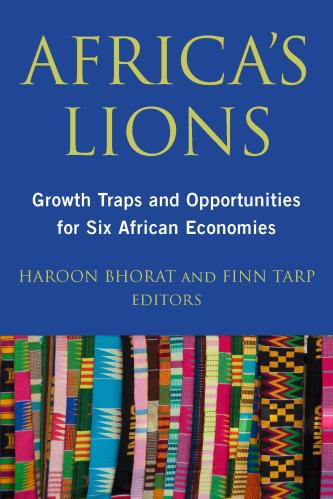

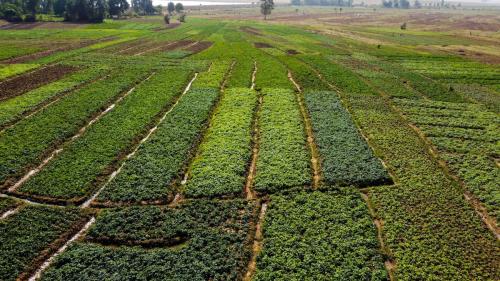

Commentary
Figure of the week: Governance and economic growth in Africa
May 23, 2019